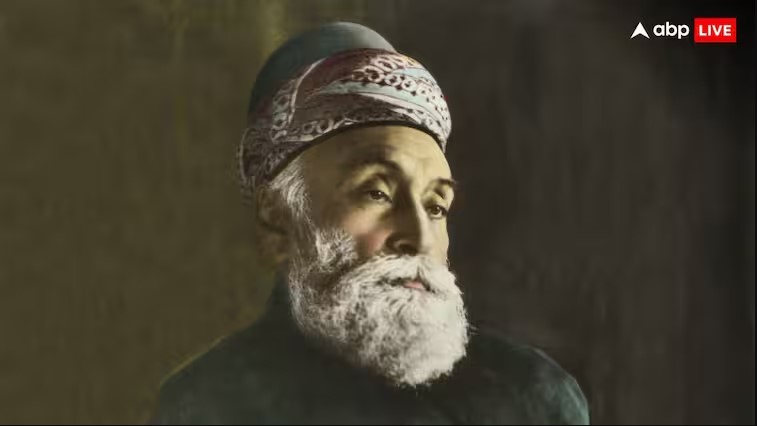BS The Wise Leader (64)
SHE can coexist with Enterprise.
By R Gopalakrishnan*
Virtue—Sustainable, Honest, and Enlightened—can coexist with Enterprise. They appear only appear like polar opposites. Virtue and Enterprise can and should be reconciled. Here is an example of virtue being sustained over generations.
While Unilever retained the basic philosophy of William Lever, albeit modified and modernized, that was not the case with other storied names that are often written about in business history. “Even when virtuous practices have been implemented, they have had relatively short half-lives in most corporations…most executives believe that their shareholders opposed such practices,” concluded James O’Toole in his book The Enlightened Capitalists, though his observations pertained to Anglo-American companies.
I have been interested in the Unilever as an example–partly because I have long experience of working in that firm, and partly because it demonstrates that founder’s values and principles can survive many generations, though updated in its expression.
During my Unilever years, I had visited Port Sunlight, Britain’s equivalent of our Jamshedpur. Through my hurried business visits, I did not quite appreciate that Port Sunlight counts among the earliest as a model town in Victorian England. William Lever advocated and practised radical ideas for his time such as employee welfare, societal advancement, and gender equality at a time when women in Britain were busy with the suffragette movement to secure voting rights for women! Lever’s philosophy, as recorded by John Griffiths of Manchester Metropolitan University in his doctoral thesis was “the interests of employers and employees were identical.”
“The truest and highest form of enlightened self-interest requires that we pay the fullest regard to the interest and welfare of those around us, whose well-being we must bind up with our own and with whom we must share our prosperity,” wrote Lever in 1888. By the early 1900s, Lever had substantive operations all over in Europe and America.
Progressively, William Lever’s success enabled him to act with increasing boldness, even zaniness. He devised and implemented ideas through undertaking riskier and riskier investments. In early 1900s, young King Albert of Belgium invited Lever to invest in the Belgian colony of Congo. Entering a 50:50 partnership with the government, William Lever embarked on the Congo operations. The company provided decent wages, clean housing, schools, and healthcare to a population which was accustomed to being exploited as slaves. Lever was quite successful in his efforts.
Convinced by Port Sunlight and Congo experiences that his business could be a force for social good, he purchased two impoverished islands in the Outer Hebrides in 1918, off the west coast of Scotland. These islands were quite remote, almost in the Arctic zone. He was passionate about setting up a model township around a fish business there. Unfortunately, the venture stumbled.
One reason was a steep fall in world commodity prices and deflation, which must have been difficult to anticipate. The finances of the company became greatly stretched. William Lever wrote with frankness and despondency, “We are not entirely masters at the present moment and I am not captain of my own ship.” Lever’s finances were so stretched that he had to concede control of ‘his’ company to a more profit-oriented accountant, D’Arcy Cooper, a member of the Cooper branch of Coopers and Lybrands, auditors of Unilever accounts. That is how Unilever became professionally managed. A few years later, Lever was merged with the Dutch Margarine Unie to form Unilever.
According to James O’Toole, “over the years, the company somewhat drifted from away from Lever’s founding values, though not entirely”. In my experience, William Lever’s successors over the next one hundred years, adapted to the changed circumstances, not by departing from the founder’s philosophy, but by adapting the narratives and rituals that follow any philosophy.
From the 1980s, as emerging global storms became a hurricane—financialization of company balance sheets, advent of inexpensive money, demand for formalized corporate governance, short-term profit orientation, debates on profit versus social purpose, do-good ideas like planet and purpose—new ideas based on Unilever’s core philosophy grew, almost as a nod to the ghost of William Hesketh Lever.
Under the leadership of recent leaders, the company imposed on itself the arduous and painful goal of reducing its use of water and energy, of adopting fair trade sourcing of its raw materials and agricultural raw materials, and to position half of its management as women. In the resultant collision between new trends and the financial market demand for quarter-quarter profits, there has been, and will continue to be some undercurrents, but the company’s core approach remains undeterred.
“Anglo-Dutch Unilever has maintained a strong corporate culture that stresses the nurturing of community spirit among its employees. Equally it has earned a reputation for ethical behaviour,” writes James O’Toole. Historian and HBS Professor Geoffrey Jones writes, “the concept of integrity is wider than honesty. Making money was never seen as an exclusive goal within Unilever either for individuals or for the company.”
Would the script read differently in the case of venerable Indian companies like Mahindra, Lalbhai, Tata, Godrej, Bajaj, Birla? Do they have the reputation of implementing virtuous philosophies which they have managed to institutionalize for generations? There may be something to this enquiry.
*The writer is an author and a business commentator. His articles and videos can be accessed at his website www.themindworks.me and his email ID is rgopal@themindworks.me



